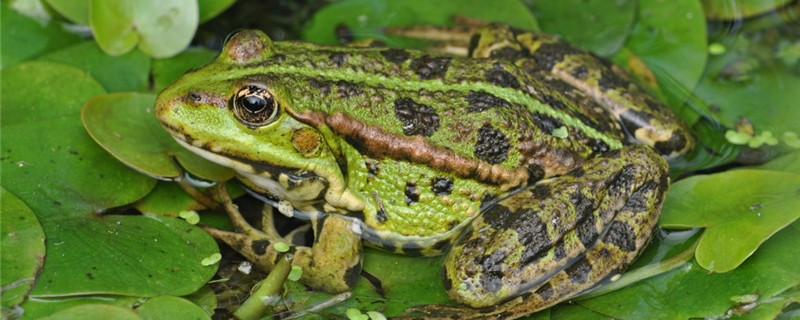 1. Are frogs temperature-changing animals
1. Are frogs temperature-changing animals Frogs belong to amphibians in terms of categories, that is, amphibians. Amphibians have a basic characteristic, that is, their body temperature will change, not always constant, that is to say, they belong to temperature-changing animals. Frogs are no exception, they are also temperature-changing animals, and their body temperature will change accordingly with the change of external temperature, and sometimes the change is relatively large. When the temperature is relatively high, the frog's own body temperature will also rise; When the temperature drops, the frog's body temperature will naturally drop. The frog's body temperature will affect their activity, so when the ambient temperature is relatively high, the frog's activity will be high; When the outside world is very cold, it will affect the activity of frogs.
2. How do frogs spend winterFrogs belong to temperature-changing animals, so when they enter winter, their body temperature will become lower and their activity will decrease until they completely enter hibernation, which is how frogs spend winter. Frogs will not wake up from this state until the temperature rises next year. Before hibernating completely, frogs will first find a suitable place to hibernate, then dig a cave, and they hibernate in the cave; In addition, before hibernation, frogs will eat more food and store enough nutrients.
If frogs are farmed, they can be provided with a similar environment to hibernate. You can use the way of covering grass for winter, and pile straw about 30 cm thick in the pool, so that frogs can safely spend the winter; In addition, frogs can also spend the winter in caves. At this time, it is necessary to dig some caves around the frog pond, in which frogs can spend the winter. The caves are best in sunny places, and the depth can be controlled at about 1 meter.